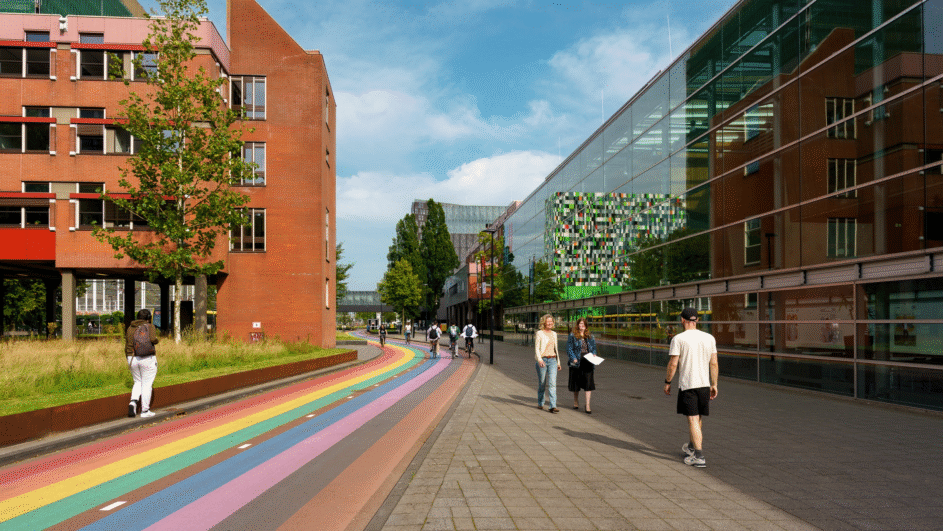
Start up and grow
Utrecht Science Park is a fertile ground for startups that want to grow and innovate. With a wide range of support programs, flexible workspaces and access to a dynamic network of researchers, entrepreneurs and investors, Utrecht Science Park offers everything needed to evolve from knowledge and ideas to a successful business.

Settlement
Utrecht Science Park offers an inspiring and supportive environment for companies that want to innovate and grow. With high-quality facilities, access to talent and a strong network of partners, Utrecht Science Park is an excellent location for organizations that want to establish themselves in the heart of Europe’s most competitive region.
Do you have any questions?

Program and projectmanager
Annemarie Dijkman
annemarie.dijkman@utrechtsciencepark.nl
+31 (0)6 5498 7448
